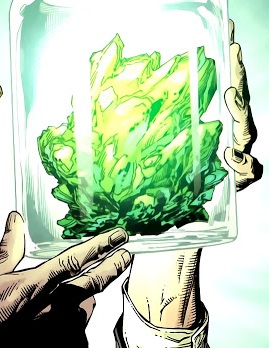Pop culture references: they need to make sense
I love pop culture references. Especially in unexpected places, like business speeches or otherwise serious-minded articles.
I’ve written before about my favorite pop culture reference, courtesy of the brilliant Adam Gopnik. He begins this New Yorker piece:
“Falling, yes, I am falling, and she keeps calling me back again,” Paul McCartney sang on June 14, 1965, a memorable high-water mark in musical history, when, on a single day, he recorded that first bluegrass-rock standard, “I’ve Just Seen a Face”; the throat-shredding early-metal model “I’m Down”; and then, in dulcet tones, the most covered song ever written, the ballad “Yesterday”—all within a few hours, with a little help from his friends. Some of us think there hasn’t been as good a musical day since.
It’s a fascinating bit of pop culture history; new to me. And engaging enough that I kept reading the piece even as the very next paragraph revealed that this was not going to be a piece about the Beatles—far from it. (I won’t give it away here.)
So please use a pop culture reference when it makes sense for your topic. That doesn’t mean it has to have an obvious relationship to your subject: Gopnik’s Beatles history does not and that’s part of what makes it so delightful. But it does mean that before you’re done, it has to make sense to the reader.
Pop Culture Beauty Salon

Kryptonite: Art by Gary Frank. Fair use,
That’s easier to do when you put words around your pop culture reference—or, better yet, sentences. And if that seems obvious to you, it did not to the proprietor of a beauty salon I passed the other day in Connecticut:
Kryptonnite Beauty Salon
What message were they trying to send? Maybe:
Women, be so alluring that your man will be powerless before you!
What kind of fun is that? And then I saw further down on the storefront the words “Unisex Salon.” So:
Men, we’ll render you completely useless!
I don’t know about you, but that’s not the message I’d want my hairdo to send.
Story Safari™
The salon misspelled the name of the substance, but in double-checking that I discovered that kryptonite takes many forms. Pink kryptonite can even turn you gay (later adjusted to “change your gender,” which is not nearly the same thing. But I don’t expect political correctness from an action comic book).
And while it debilitates people from Superman’s planet, Krypton, when we Earthfolk encounter it, it can give us superpowers. It can even supercharge our pets, albeit for only a day. (Don’t tell Fenway.)
Perhaps that’s what the salon owners were thinking. Kryptonite connoisseurs, they expect their idea clients to be similarly conversant with the many uses of the imaginary mineral.
Probably not the best business plan. Unless their ideal client is super-villains, in which case they’ve probably cornered the market.